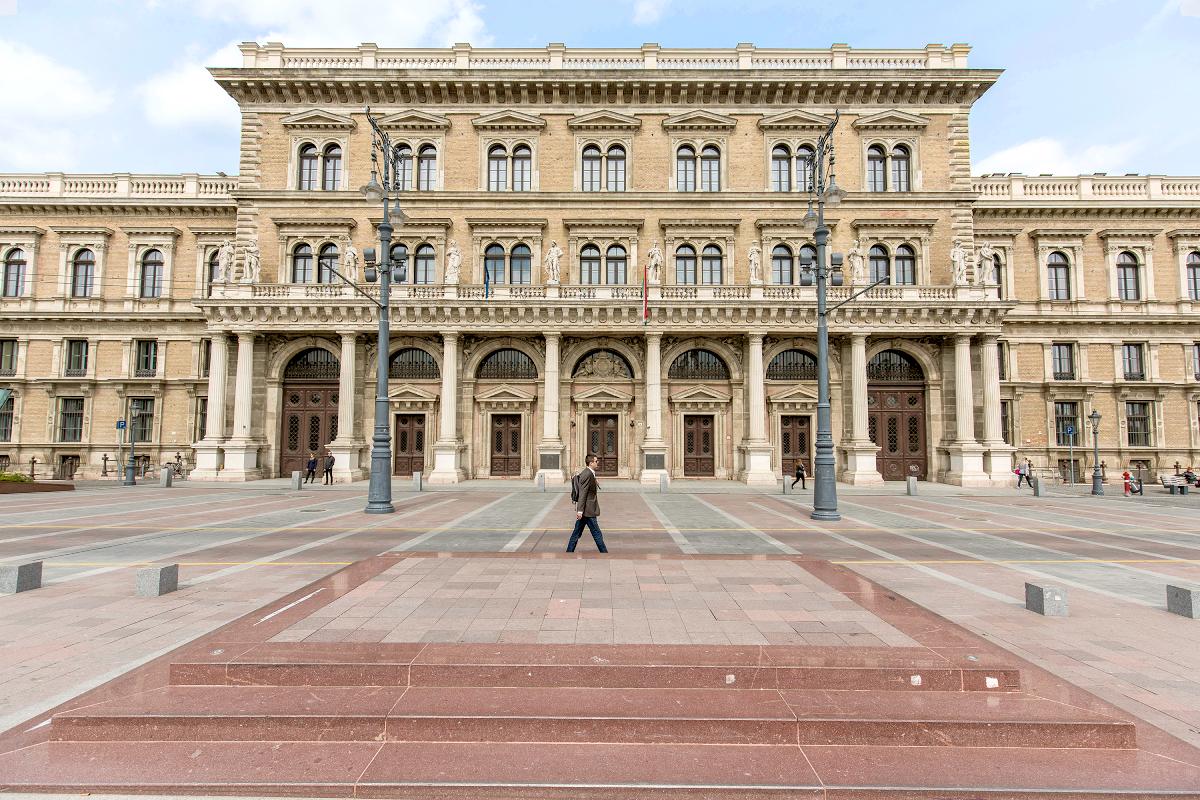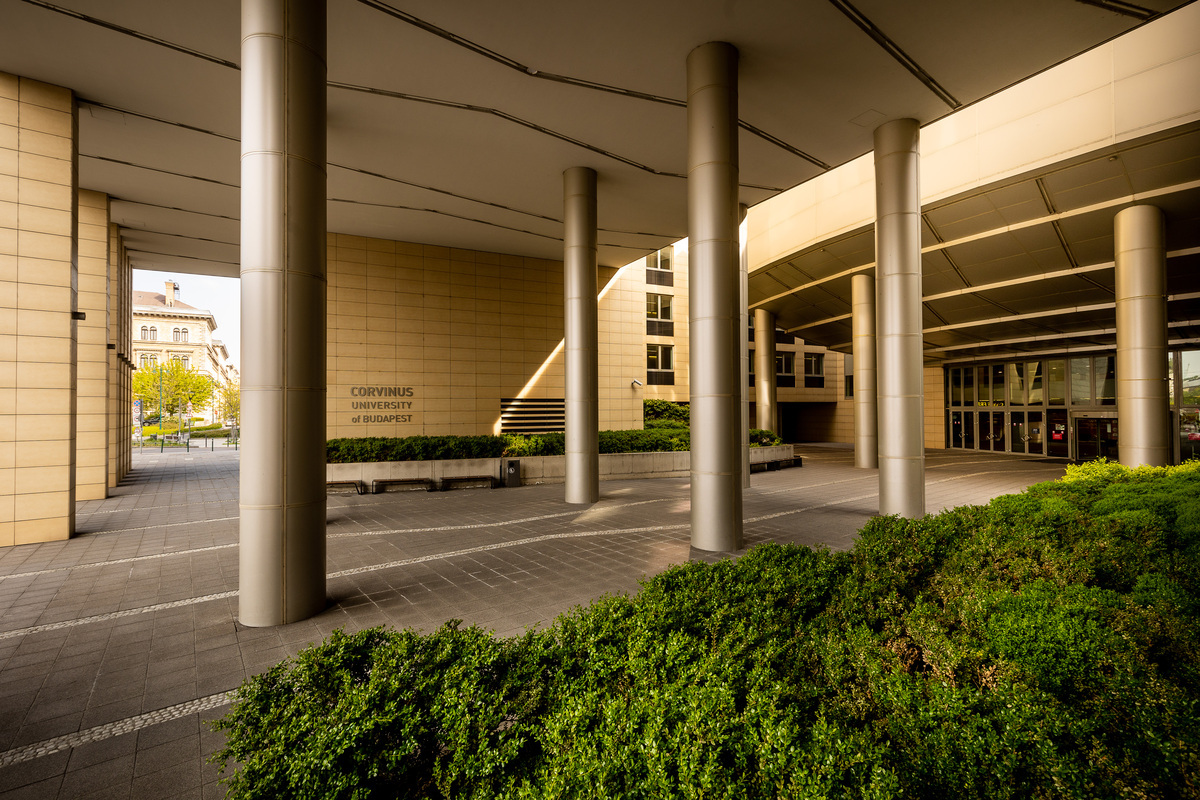| Full-time MBA | Corvinus-MSM-Maastricht University Executive MBA |
| Classes frequency | 3-4 days per week | Three (Fri-Sat-Sun) or four (Thu-Fri-Sat-Sun) full days typically once a month |
| Employment while studying | Short break / part-time job (in Budapest or remotely) | Students stay employed |
| Language | English | English |
| Your profile (academic) | You should hold a BA/BSc degree from an internationally recognised university completed more than three years before the MBA’s start date. | You should hold a BA/BSc degree from an internationally recognised university. |
| Your profile (professional) | • Mid-level manager | • At least 5 years of full-time work experience. Experienced managers, emerging managerial talents, leaders of SMEs as well as entrepreneurs are welcome. |
| • From any sector, working for an SME or MNC | • From any sector, working for a start-up, SME or MNC or an entrepreneur. |
| Will you receive a student visa? | Yes, you will typically be able to work for 30 hours per week alongside your studies. | No. You must have right to live, work and study in Hungary (if you are a resident) Or, you must have the right to enter Hungary without a visa. |
| Double Degree Opportunities | — | Maastricht University (UM) – Maastricht School of Management (MSM), compulsory |
| Alumni Activity | 2 alumni events per semester are held for Executive MBA alumni, current students and prospective students. | 2 alumni events per semester are held for Executive MBA alumni, current students and prospective students. |
| Business Projects | Case study/simulation based integrative courses in semester 1 and 2, where cross-disciplinary, cross-departmental collaborations address the complexity of business reality. Field projects in semester 3 and 4, where students work together on real-life unstructured problems with innovators, social entrepreneurs and researchers. | Case study/simulation based integrative courses in semester 1 and 2, where cross-disciplinary, cross-departmental collaborations address the complexity of business reality. Field projects in semester 3 and 4, where students work together on real-life unstructured problems with innovators, social entrepreneurs and researchers. |


